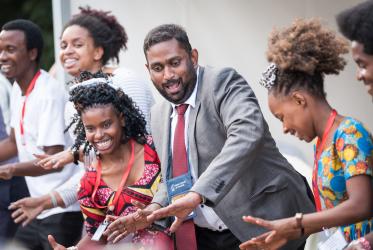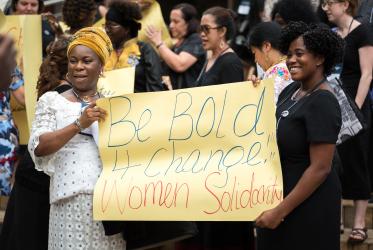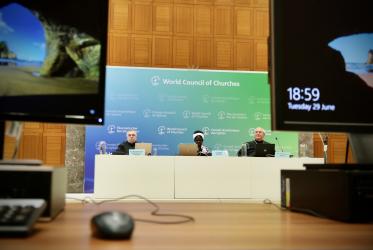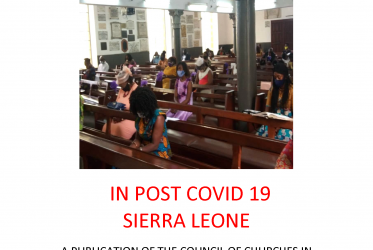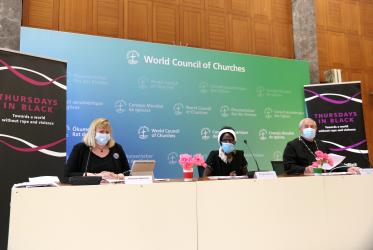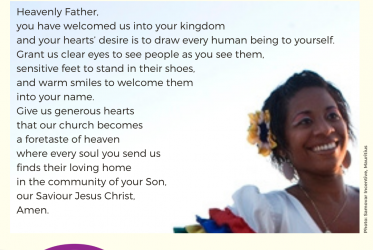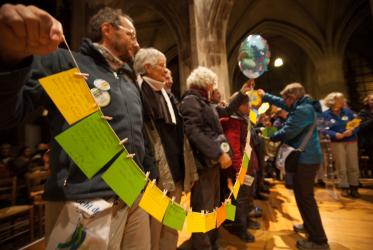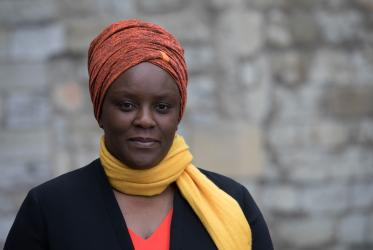Displaying 141 - 160 of 1363
A Toolkit to Accompany the "Roadmap for Congregations, Communities and Churches for an Economy of Life and Ecological Justice"
31 August 2021
In Lebanon, “without peace there is no justice”
21 July 2021
Morning Prayer for Tuesday, 25 May 2021
25 May 2021


